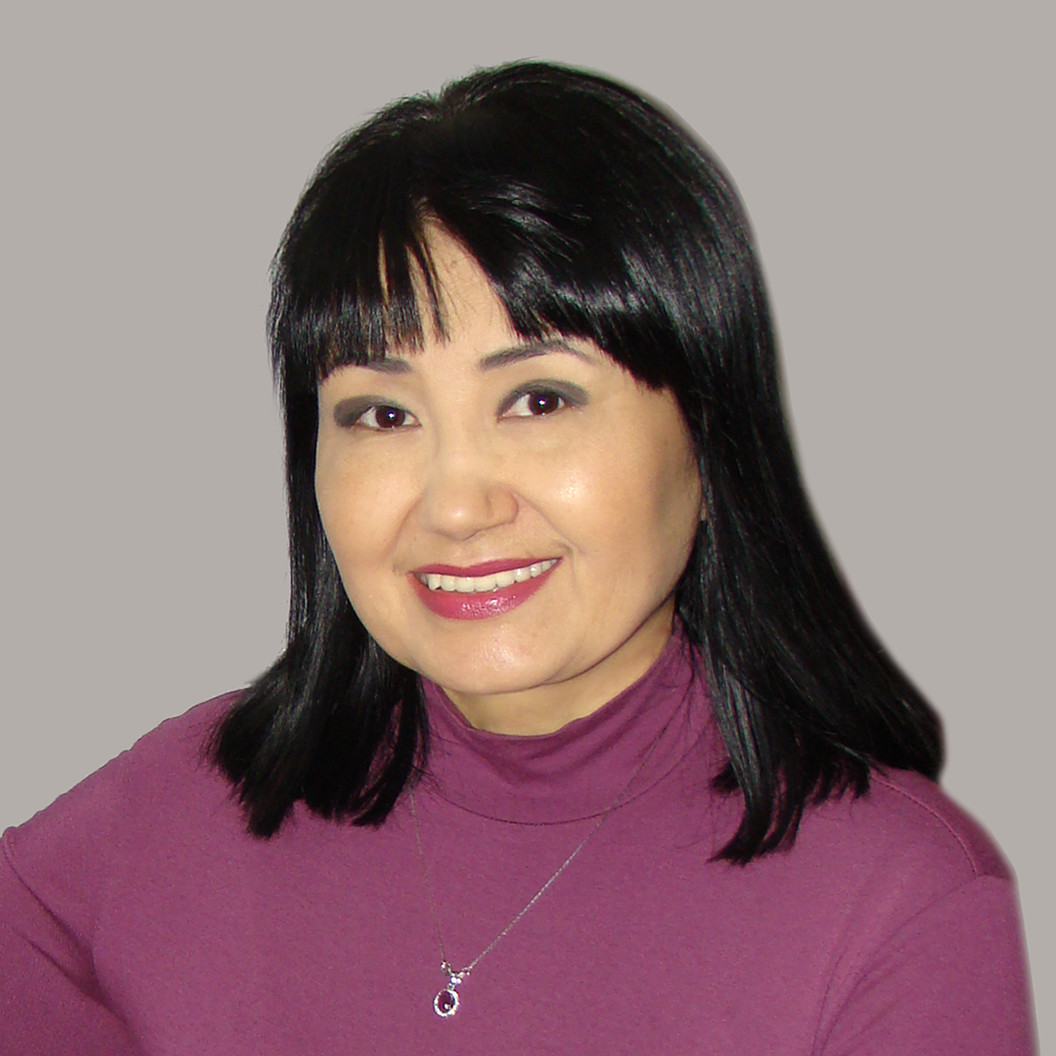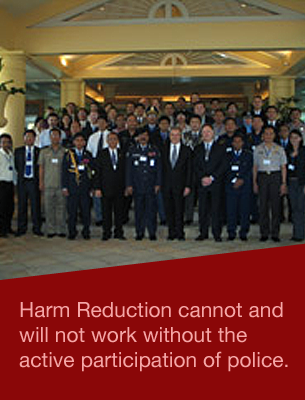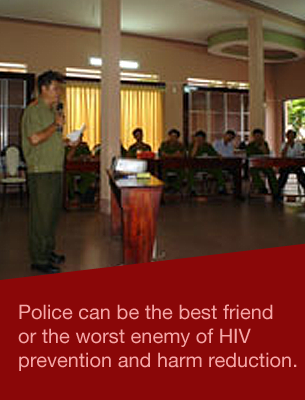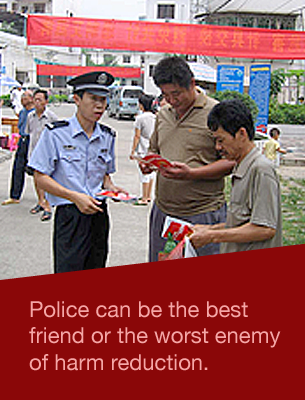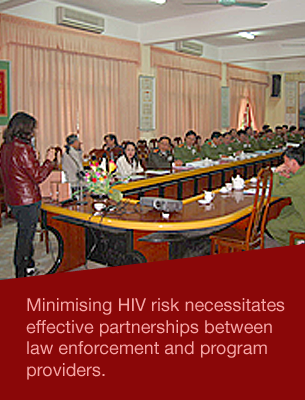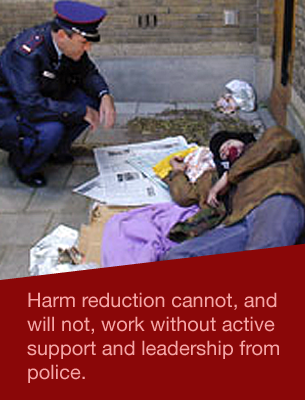LEAHN CFP, Gulsara Alieva, is dedicated to improving law enforcement responses to drug use and HIV/AIDS prevention, particularly the impact on women. Read her biography below and catch up on some of her key activities for 2015.
Dr Gulsara Alieva is a retired police Colonel from the Kyrgyz Republic. She completed her PhD at Moscow State University, Russia, in 2004. She has held the position of Deputy Head at the Academy of the Ministry of Interior (academic stream), and also Associate Professor of the Department of Social and Political Studies. Throughout her career, Dr Alieva has been involved in a range of issues at the intersection of policing and legal reform, including:
- Human rights
- HIV/AIDS prevention
- Police reform
- Domestic violence and gender equality; women, peace and security issues
- Procedural and institutional principles of security enforcement
She is a board member of the Association of Police Women of the Kyrgyz Republic and her expertise is a welcome addition to the LEAHN team.
Here are a few highlights from Gulsara’s work in 2015:
- January: Consultation meeting with representatives of the community of drug addicted women in PF “Asteria” on legal assistance in cases of gender-based violence. During the meeting the participants were informed about the international obligations and national legislation in the field of prevention of violence against women; about the importance of collecting data on gender-based violence and violence against drug-addicted women; the recommendations on measures that can be taken in the event of violence by law enforcement personnel, including the filing of complaints, were given.
- January: Submitted proposals to the discussion of the National Action Plan on Gender Equality for 2015-2017 project. In particular, two blocks of proposals were added to the project:
- In the section devoted to strengthening the economic situation of women, in the item about assistance in finding employment for women from vulnerable segments of population, which covered only people with disabilities, I proposed to include assisting to drug-addicted women, including women released from prisons
- In the “Access to Justice” section it was proposed to complement an item on improving the collection of data on gender based violence was proposed: to include a reference to the need to collect data on violence against women from key affected populations.
- January: Meeting devoted to the preparation of a report on implementation of Kyrgyzstan CEDAW, held in Geneva in February 2015, the information on the work done in 2014 among police officers on prevention of violence against women from key affected populations was presented.
- February: Meeting with Public Found “Civil Unite For Reform and results” was organized by me to provide information about the objectives and activities of LEAHN, a specially invited speaker Alexander Zelitchenko (Regional Focal Point of LEAHN) participated.
- February: Meeting with the Public Fund “Center for Research of the democratic process”. This organization has long been working closely with The Ministry of Internal Affairs of the Kyrgyz Republic (MIA) in the field of prevention of violence against women.
- March: Meetings were held with Aibek Mukambetov and Nazgul Beisheeva, the person who represents National Machinery For Gender Equality, to specify actions for prevention of violence against women from the PWUD community in National Action Plan for gender equality 2015-17 and also Action plan 1325 2015-2017, which were being developed.
- March: Two meetings with the staff of The Ministry of Internal Affairs of the Kyrgyz Republic to discuss the mechanisms of the Decree of Government of Kyrgyz Republic №81 of February 24, 2015 “On approval of the Regulation on the basics of comprehensive evaluation of activity of the police of the Kyrgyz Republic”. This decree introduces a new form of evaluation of activity of the police, namely evaluation by the citizens, based on an index of confidence in the police. In this regard, it’s important to explain to law enforcement officers that they must strictly respect the rights of vulnerable groups in their work.
- May: Participated as a trainer in a session of trainings named “The role of the prosecutor’s office of the Kyrgyz Republic in the implementation of strategies for the prevention of HIV and drug addiction, as well as ensuring the rights of vulnerable groups”. The training included: International principles of HIV prevention, Legislation on the prevention of HIV and State responsibility for combating HIV, and, an interdepartmental instruction for law enforcement personnel/Law enforcement practice (questions of violations of the rights of vulnerable groups)
- June: Participated in trainings for police officers in every region the country. A total of 220 were trained employees. Facilitated the themes “The role of women staff in improving the quality of law enforcement services to abused women” and “The new criteria for police work: the external evaluation and the police trust index.”
Congratulations on all your hard work, Gulsara!
Join LEAHN to keep updated on our latest news


